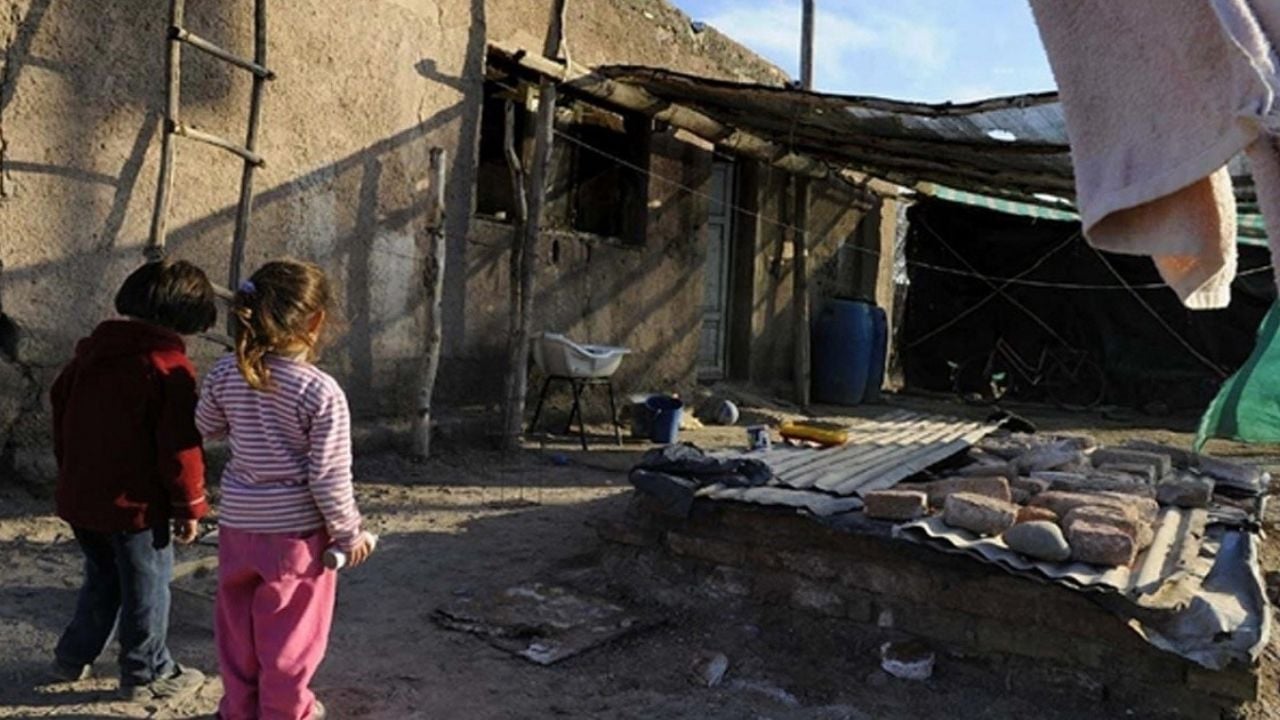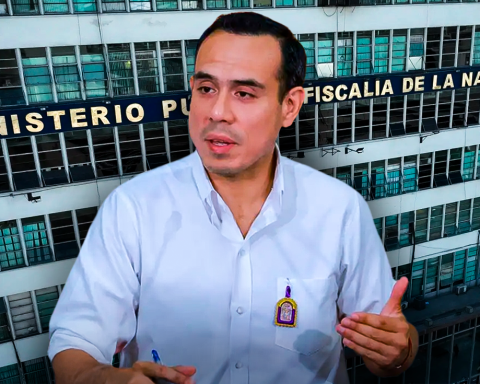The recent data of poverty In Argentina, which reached an alarming 52.9% of the population, it has generated a strong impact on the country’s political and economic panorama. This data, released by the National Institute of Statistics and Censuses (INDEC), has forced the Government to reconsider the intensity of the fiscal adjustment that it has been implementing.
The figure of poverty not only reflects a deep social crisis, but also calls into question the capacity of the Government to maintain its zero deficit narrative. President Javier Milei has been a strong defender of the fiscal adjustment policy, promoting it as “the largest adjustment in history.”
However, recent figures from poverty They have turned this achievement into a boomerang, revealing the social costs of these policies. Despite efforts to reduce inflation, the high inflation of the first months of the year and the economic recession have led to a significant drop in the real income of the population, exacerbating poverty.
The strategy of Government has been focused on reducing inflation, in the hope that this will improve economic conditions in the medium term. However, the lack of economic growth or a weak recovery raises questions about the effectiveness of this strategy in reducing poverty.

Economist Julián Folgar has pointed out that, despite increases in social assistance through programs such as the Universal Child Allowance (AUH) and the Alimentar Card, indigence has also increased significantly, going from 12% to 18% of the population.
This increase in homelessness is particularly concerning, as it indicates that social assistance programs have not been sufficient to offset the effects of the recession and inflation. The combination of income loss and rising prices has led to a situation where even households receiving social assistance cannot meet their basic needs.

Indigence
Folgar highlights that homelessness among minors has jumped to 27%, which underlines the seriousness of the situation. The official reaction to these data has been mixed. On the one hand, the Government insists that the financial surplus and zero deficit are non-negotiable.
On the other hand, there is growing political and social pressure to increase public spending and alleviate the situation of the most vulnerable sectors. Opinion polls show a decline in the Government’s popularity levels, which could influence future political decisions.
follow us on Google News and on our channel instagramto continue enjoying the latest news and our best content.


















